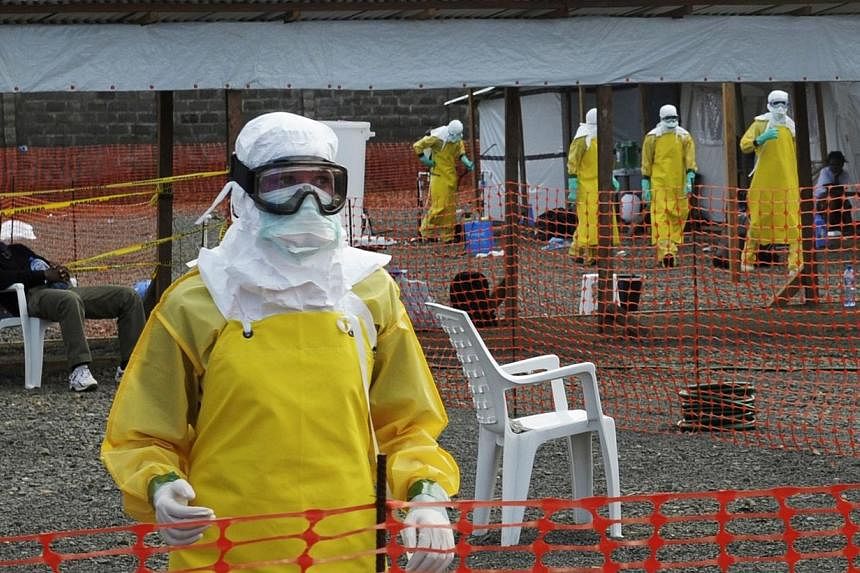MONROVIA (AFP) - The head of the US Agency for International Development said on Tuesday poor understanding of Ebola was undermining the fight against the epidemic, pointing out that the fever is harder to get than malaria.
USAID director Jeremy Konyndyk, in Liberia to support the fight against an epidemic which has claimed the lives of almost 1,500 west Africans, told AFP educating people on how to protect themselves was the best way to beat Ebola.
"Compared to something like malaria, it is much harder a disease to get. But obviously must worse when you do get it," he said.
"So helping people to better understand how they can protect themselves, how they can avoid Ebola, is a critical piece of controlling this outbreak." The epidemic has sent shockwaves throughout the world since it emerged in southern Guinea at the start of the year, grounding flights to the afflicted countries and damaging African economies.
But the death toll since it was discovered in 1976 is under 3,000 while, at conservative estimates, malaria is estimated to kill that many people every two days, the vast majority of them African children aged under five.
Ebola transmission can be prevented by avoiding contact with an infected person's bodily fluids.
Malaria, spread through the bite of the Anopheles mosquito, often while the human host is asleep, is more difficult to avoid.
"One of the biggest challenges that we are faced with in this outbreak is misinformation or poor understanding. You know Ebola is not a hard disease to avoid, if you know how to avoid it," Konyndyk said.
Konyndyk is due to hold talks with the affected communities in Liberia, where 624 people have died, as well as health authorities in the field and the government.
USAID is a government agency working in more than 100 countries with a mission to end extreme global poverty.

